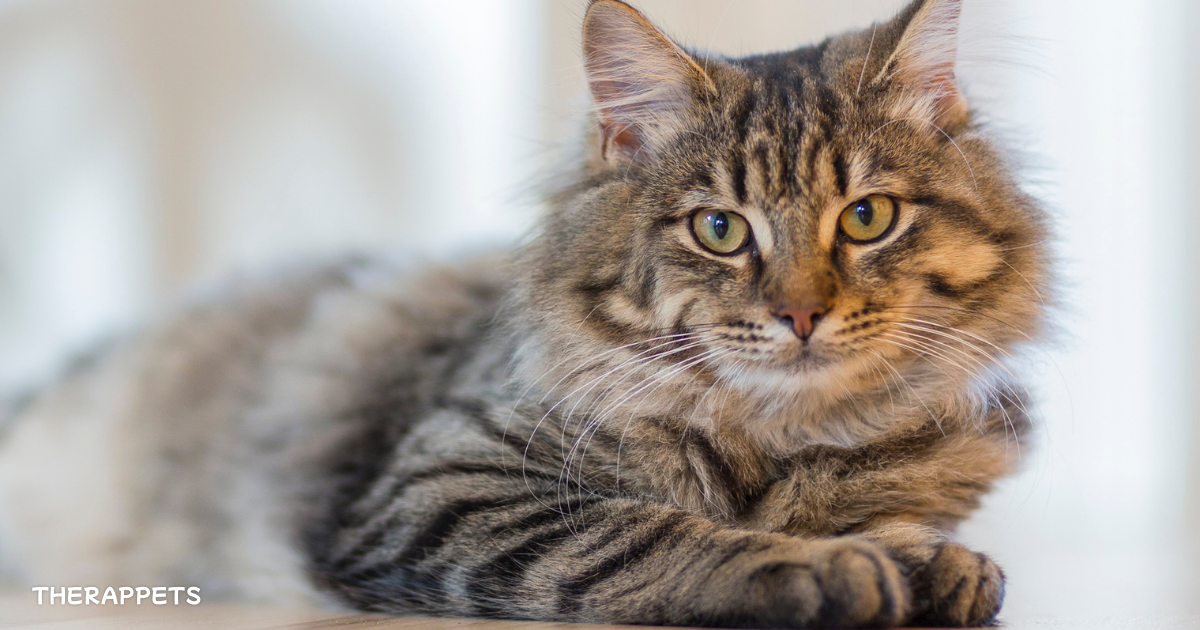Have you ever wondered, do cats sense emotions? Many cat owners believe their feline companions can detect their moods, offering comfort during tough times. But is this just an illusion, or is there science behind it? Let’s explore the fascinating world of feline empathy.
For more insights on the emotional impact of pet companionship, check out how cats help with loneliness.
The Science Behind Cat Empathy
While dogs are often praised for their emotional intelligence, studies suggest cats exhibit sensitivity to human emotions. Research has shown that cats react to their owners' tone of voice, body language, and facial expressions. A study published in Animal Cognition found that cats adjust their behavior based on their owner’s emotional state.
Want to learn more about how animals contribute to emotional well-being? Read about lovebirds for companionship and emotional support.
How Do Cats Sense Emotions?
Cats rely on multiple senses to interpret human emotions:
- Body Language: They observe posture and movement to gauge mood.
- Vocal Cues: A change in tone or pitch can signal distress or happiness.
- Scent Detection: Cats recognize hormonal changes linked to stress or anxiety.
Since they are highly intuitive creatures, their reactions can vary. Some cats become more affectionate when their owners are sad, while others may distance themselves.
Curious about other emotional responses in animals? Discover the cat purring effect on humans.
Myth or Fact: Do Cats Comfort Their Owners?
Some believe cats don’t care about their owners' emotions, while others swear their feline friend provides comfort. The truth lies somewhere in between. Unlike dogs, who actively seek to please their owners, cats display affection in subtler ways, such as sitting nearby or slowly blinking.
This behavior is why some cats can be trained as emotional support animals. If you’re interested in learning more, read can a cat be an emotional support animal?
Do Cats Sense Negative Emotions?
Many cat owners report that their pets become more affectionate when they are sad or stressed. This could be due to a cat’s ability to detect cortisol levels and other stress-related hormones. However, their response depends on their personality—some cats may comfort their owners, while others might retreat.
For more information on how animals can assist with emotional distress, explore therapy animals for social anxiety treatment.
Conclusion: Fact with Some Nuances
So, do cats sense emotions? The answer is yes but in their unique way. While they may not experience empathy like humans, they are highly perceptive and capable of responding to emotional cues. If you’re looking for a pet that understands your feelings, a cat might be the perfect companion.
Interested in how different pets provide emotional support? Check out our comparison of cats vs. dogs for emotional support.

